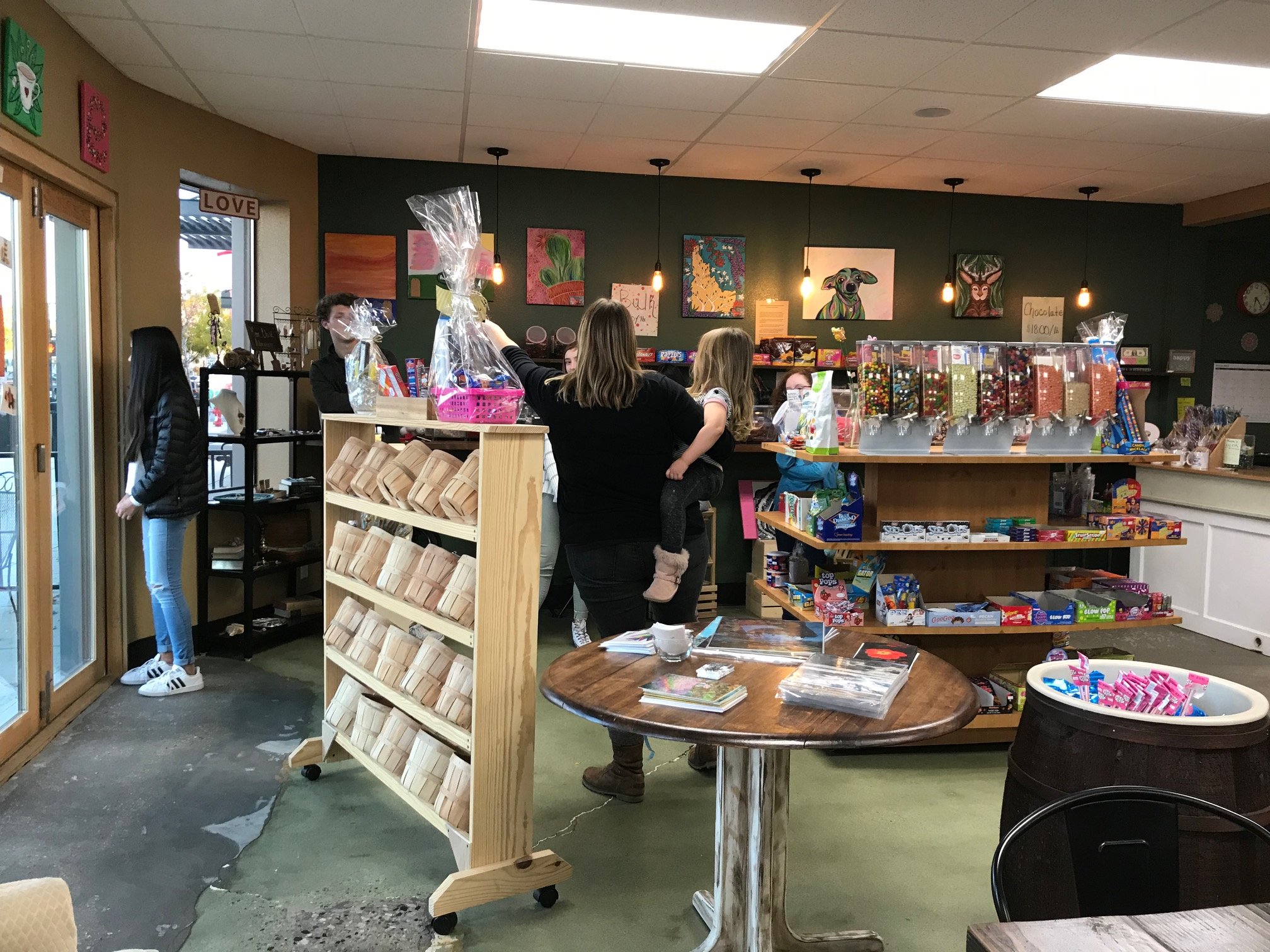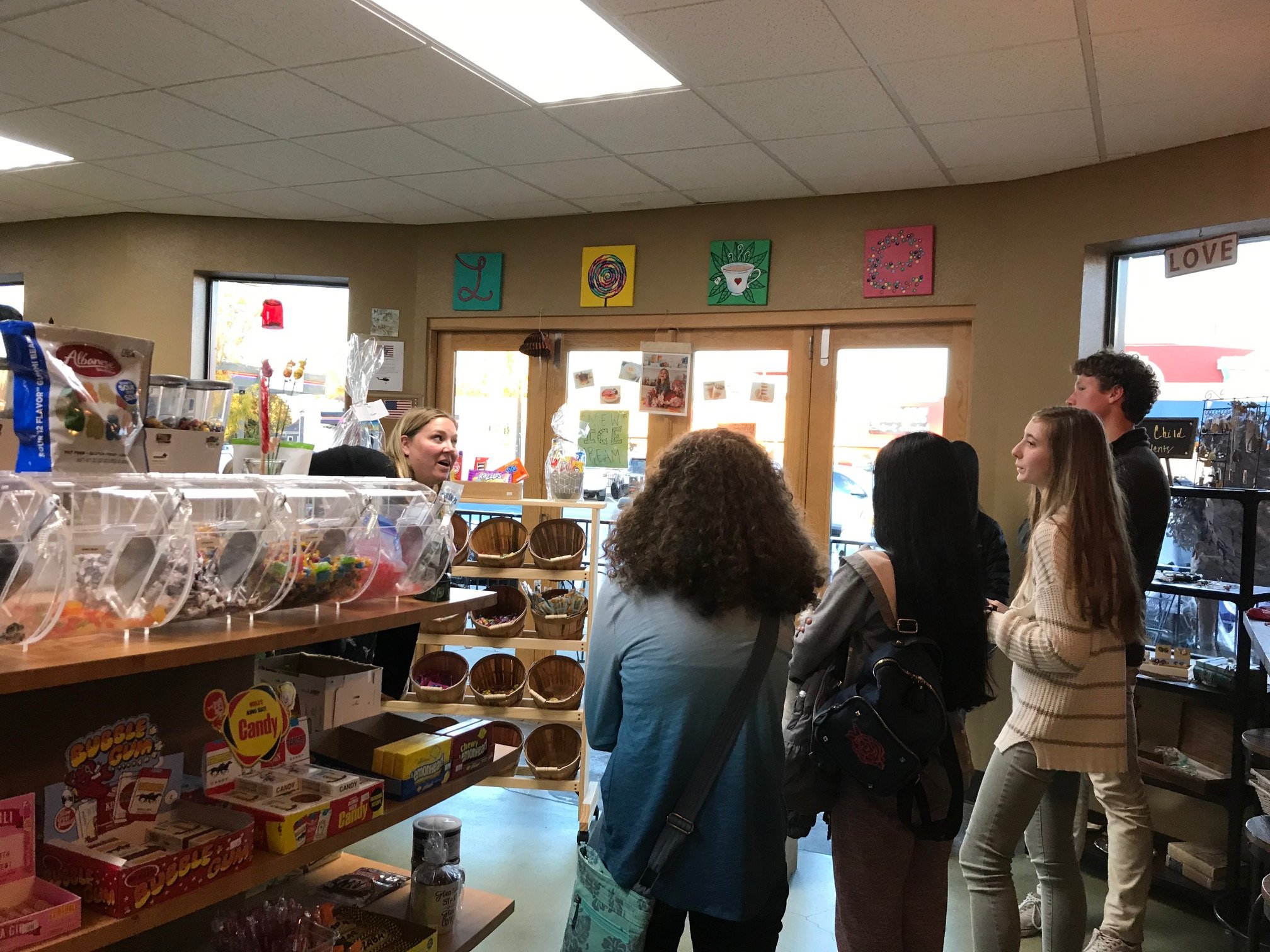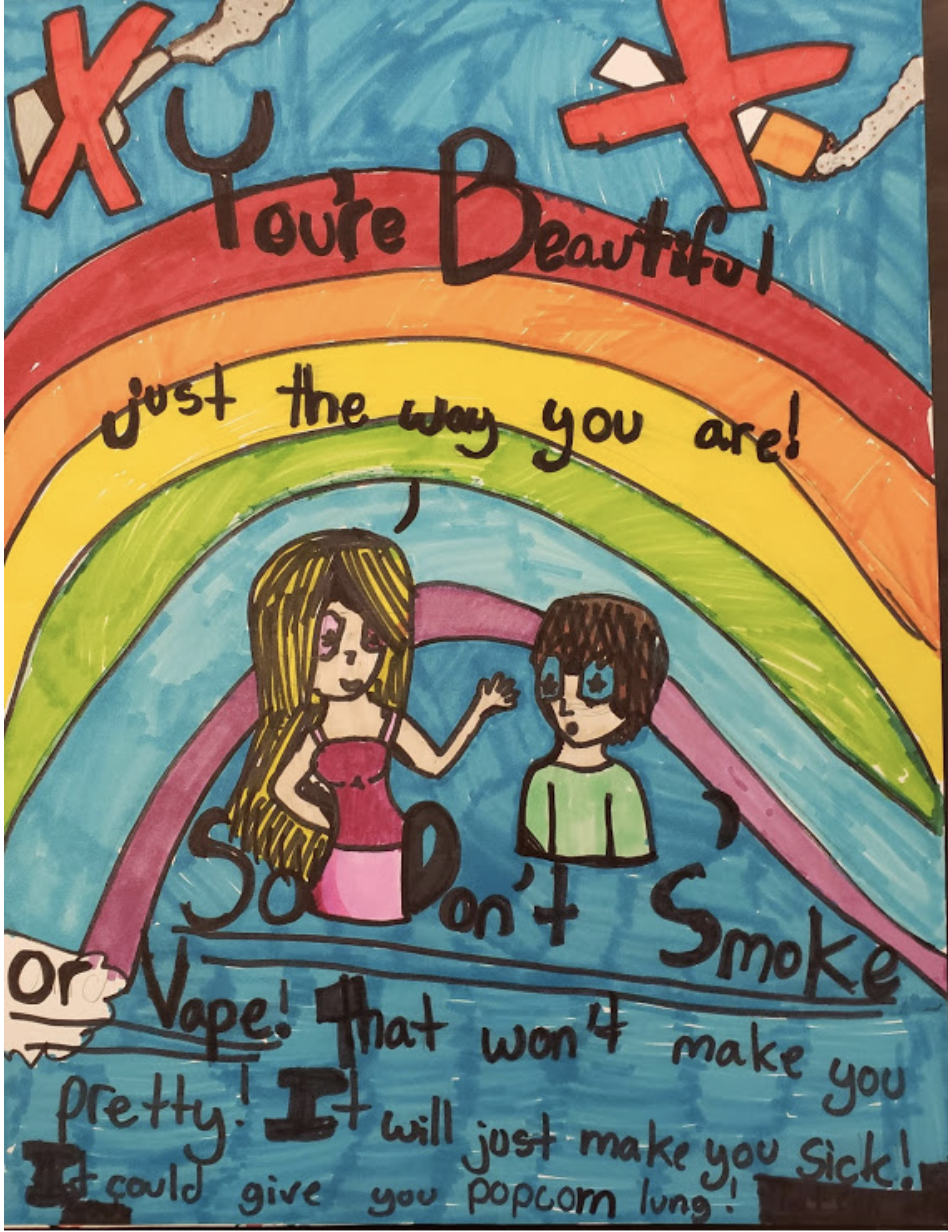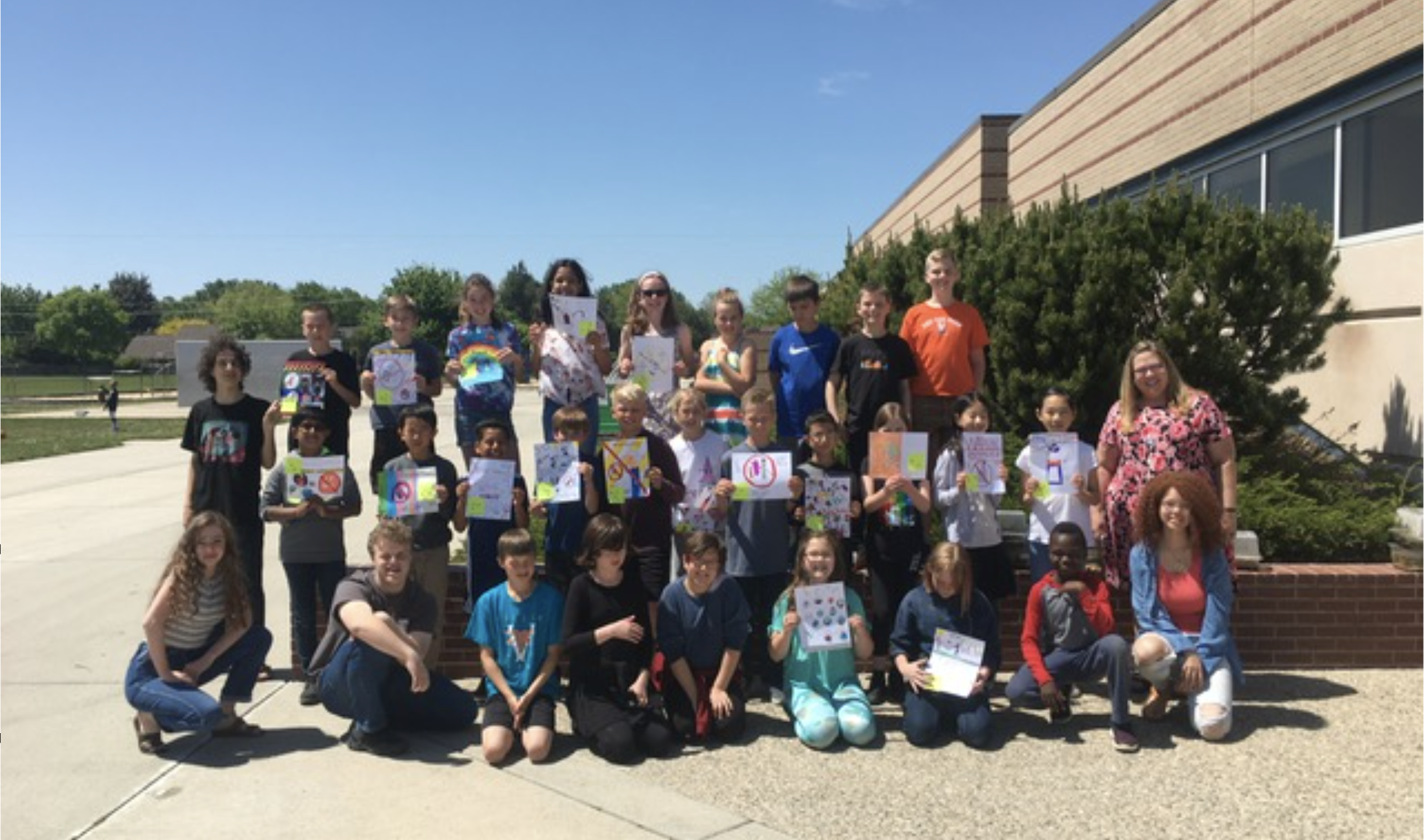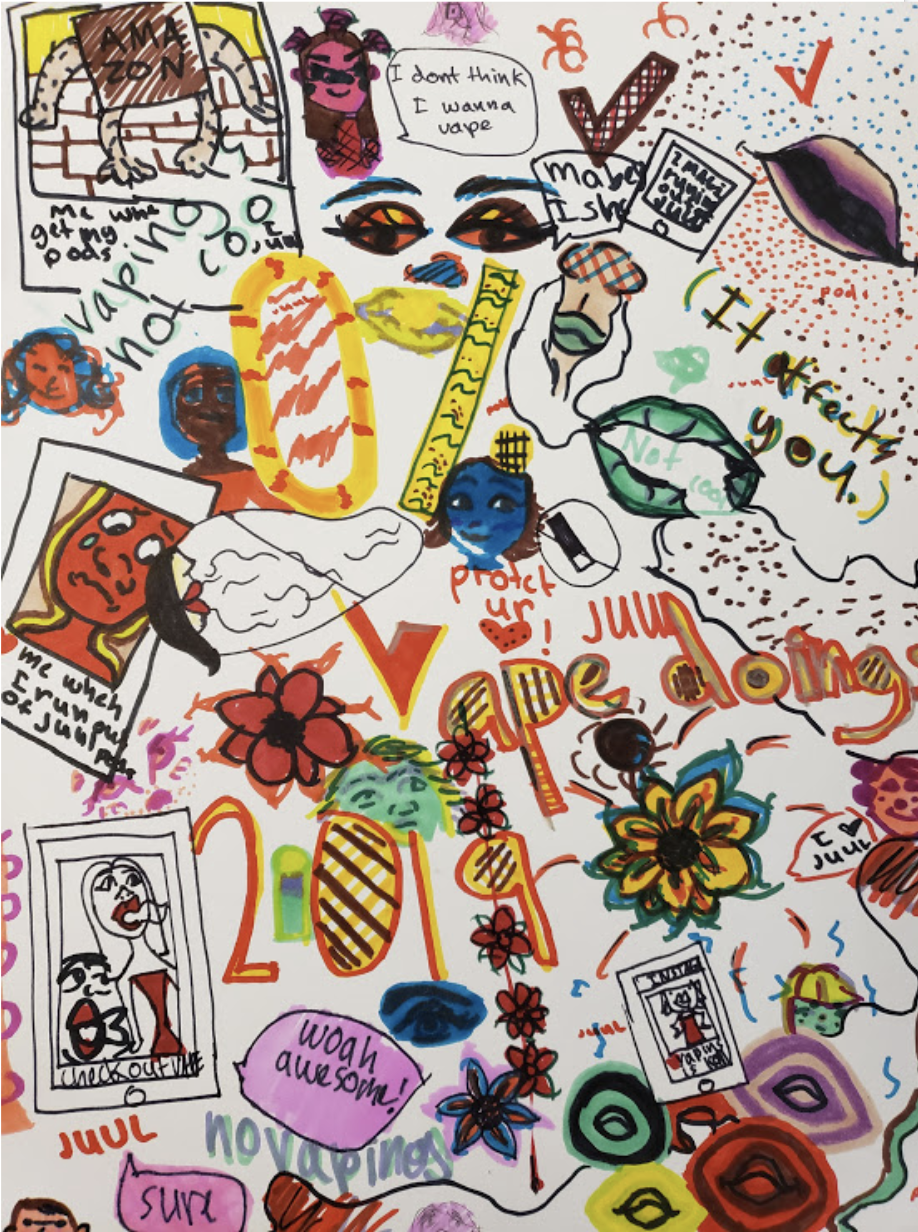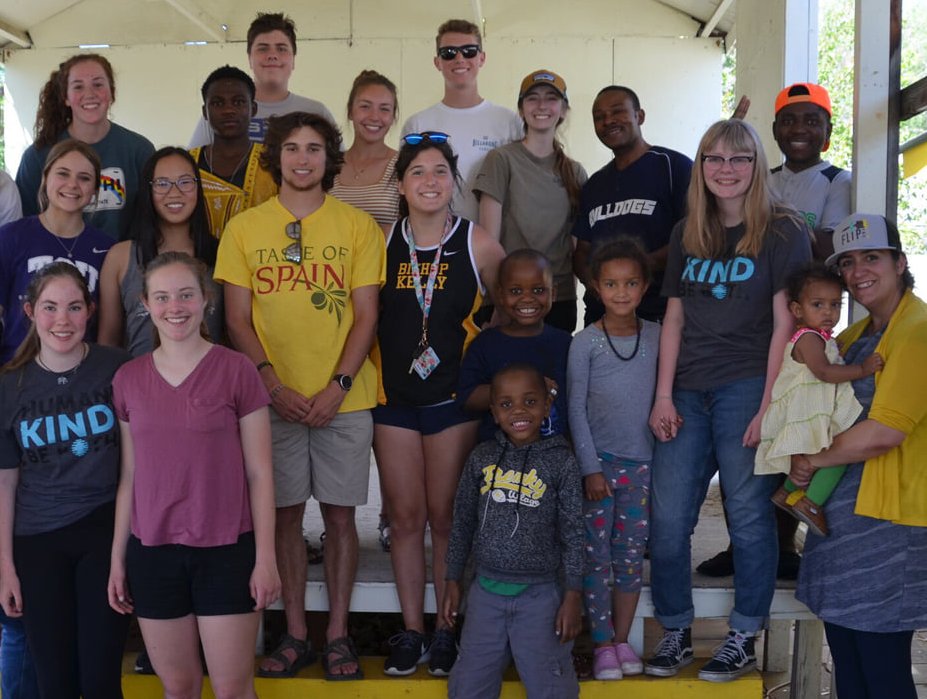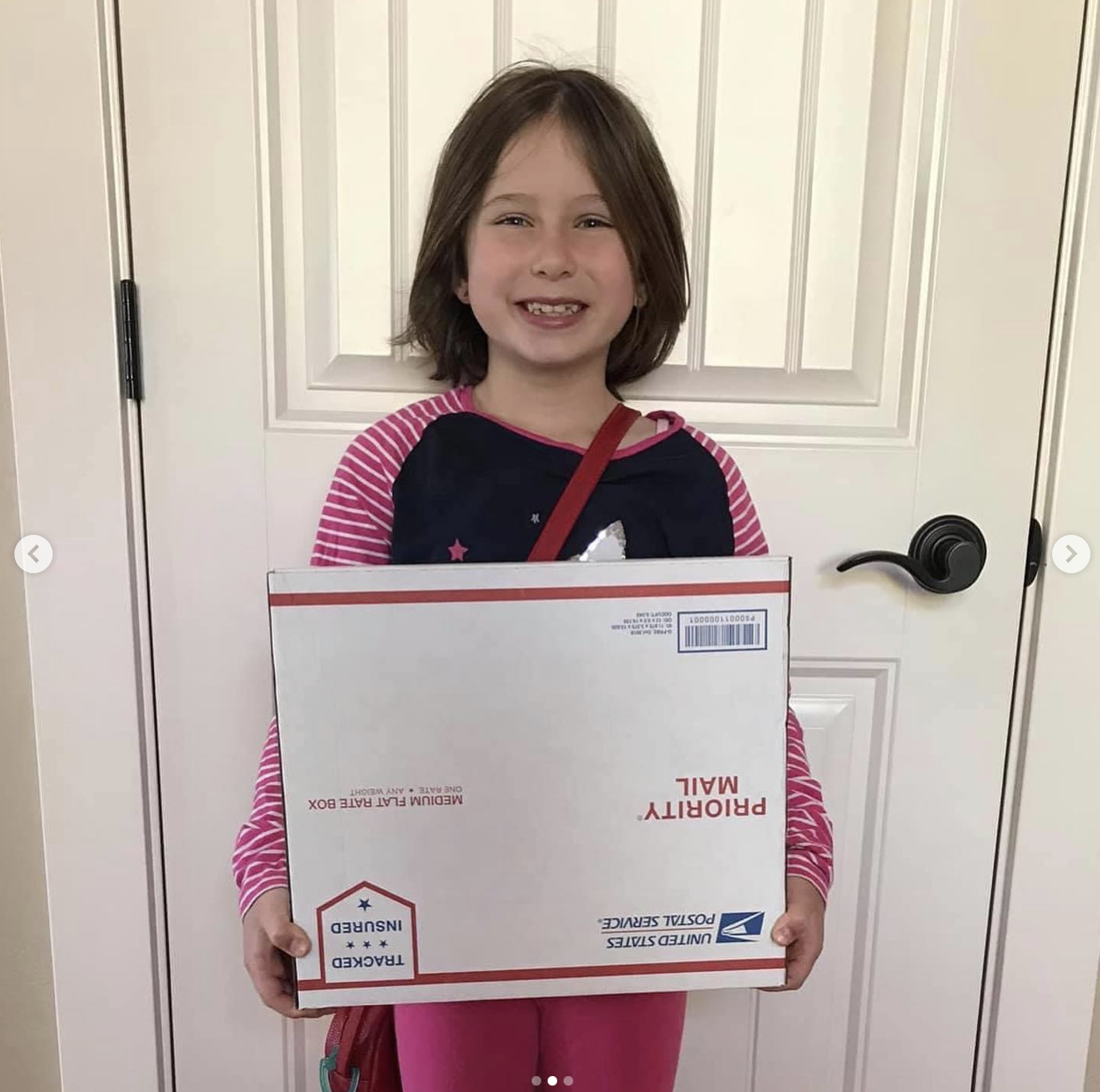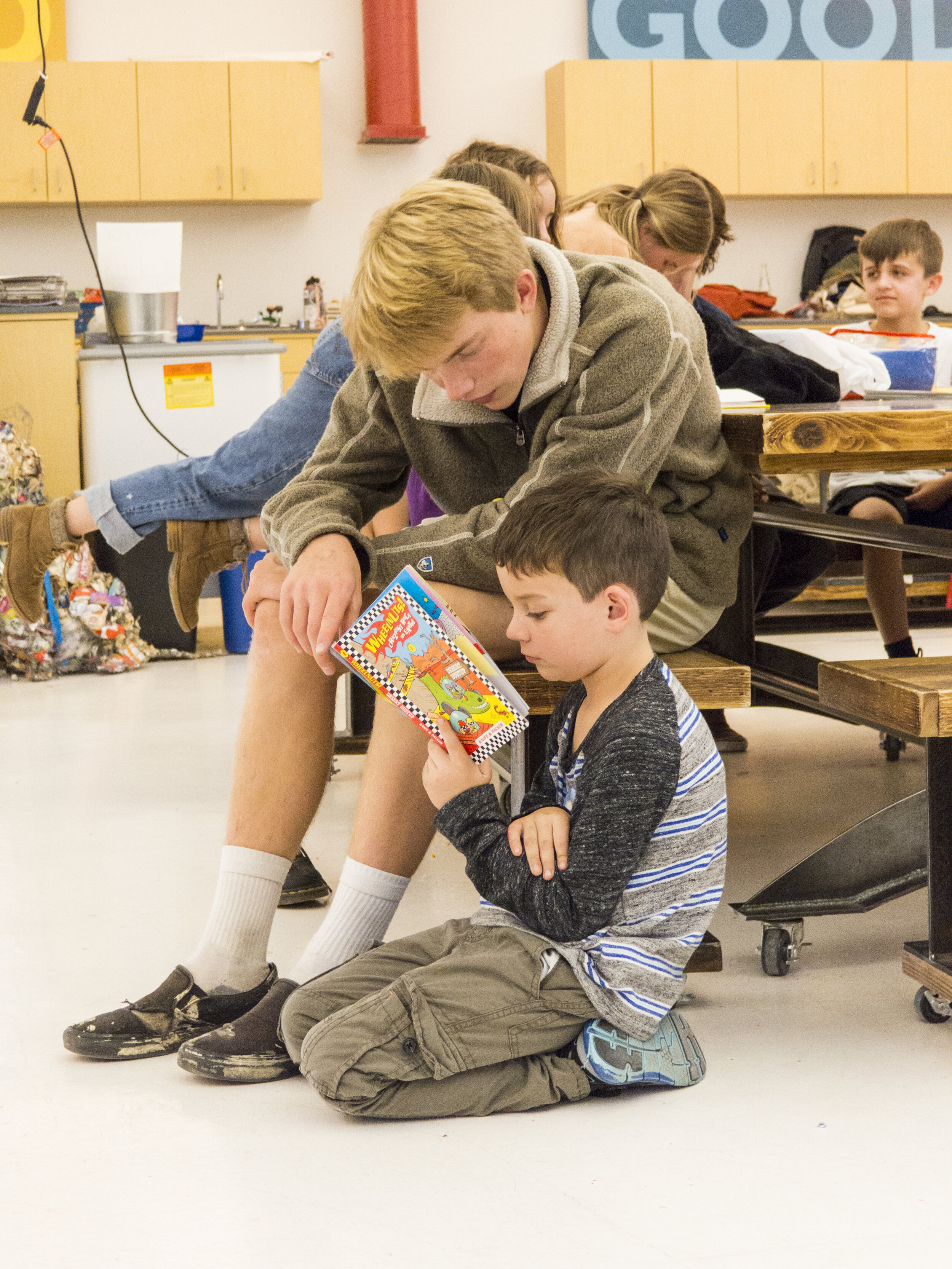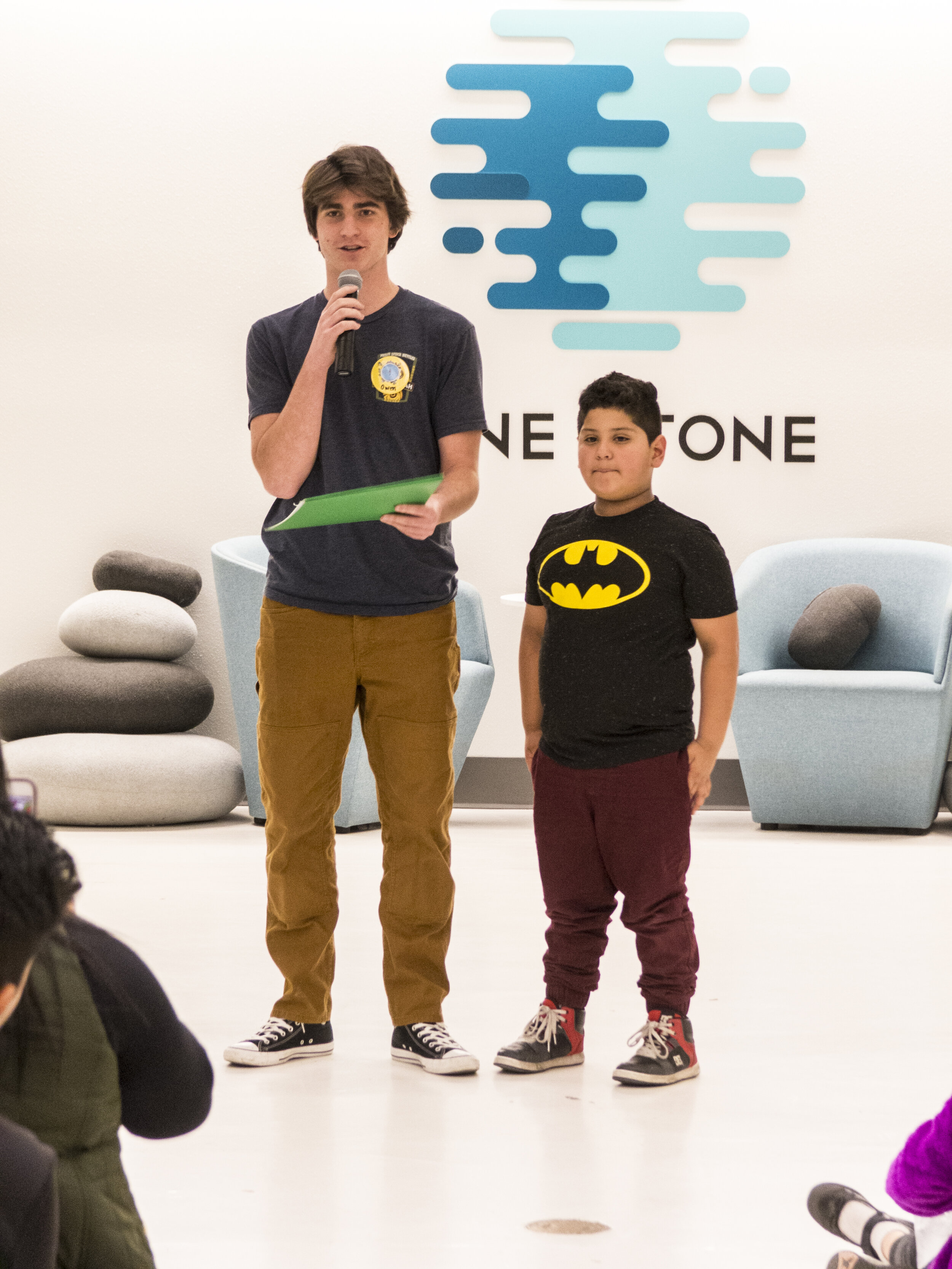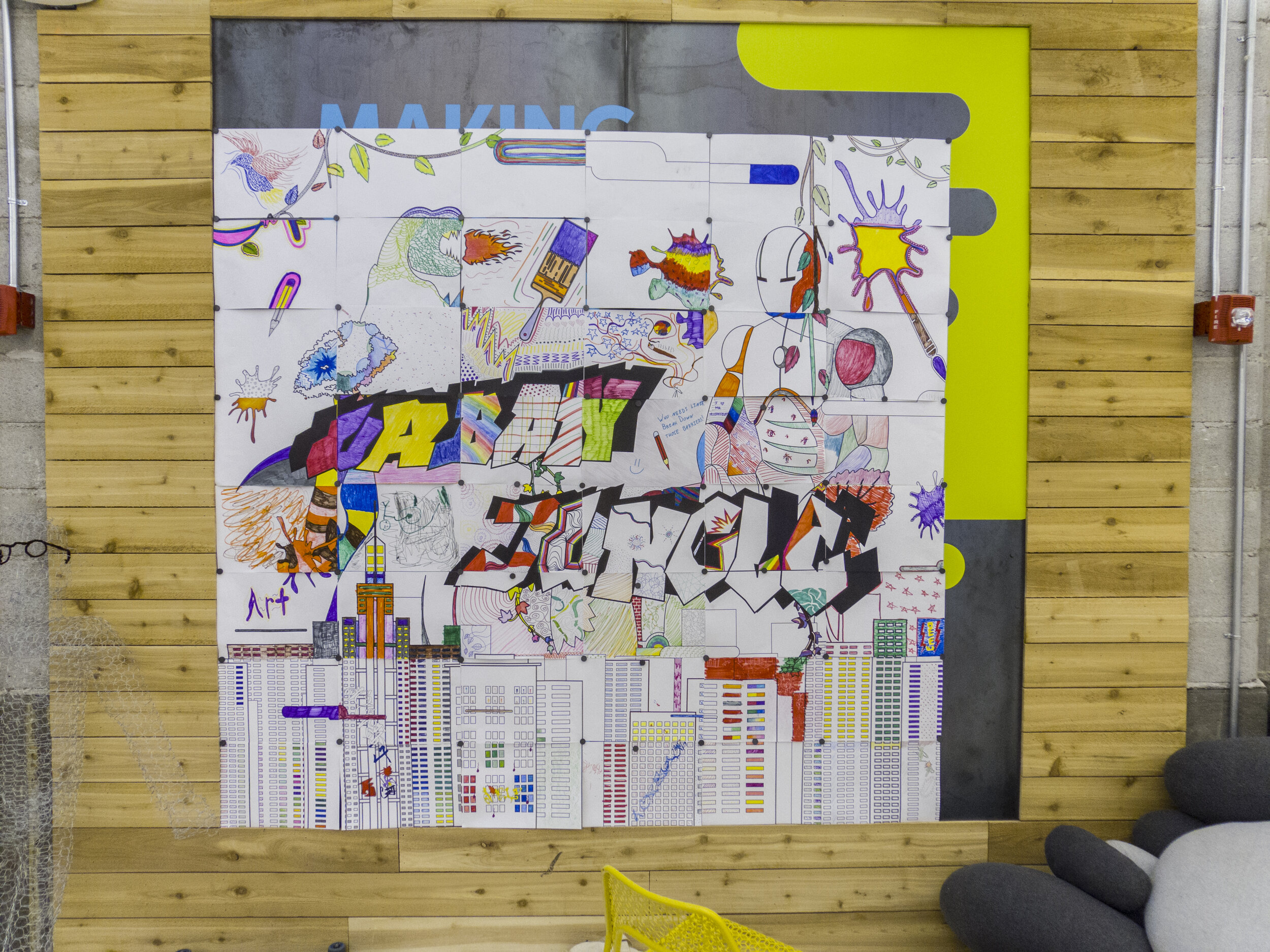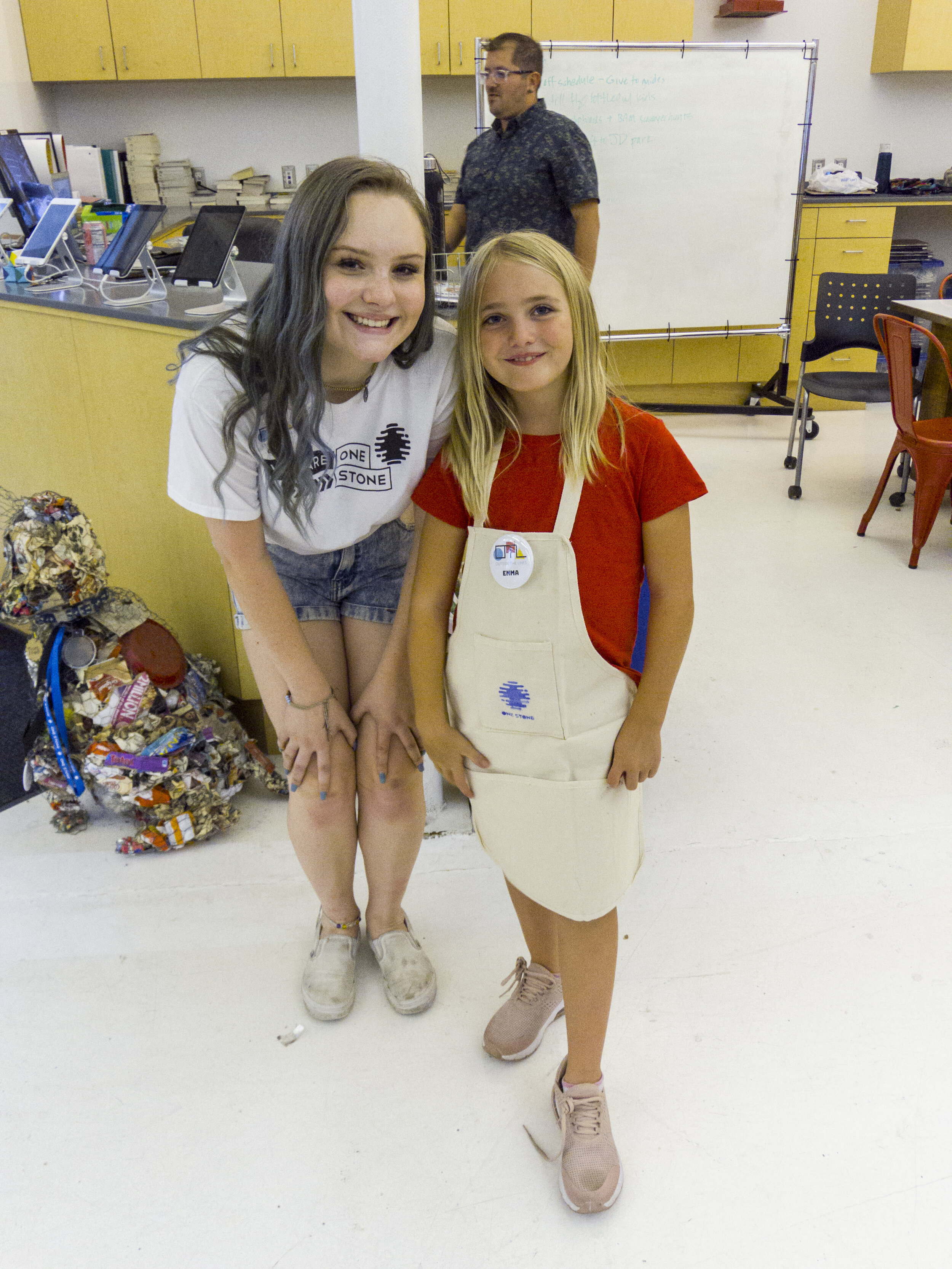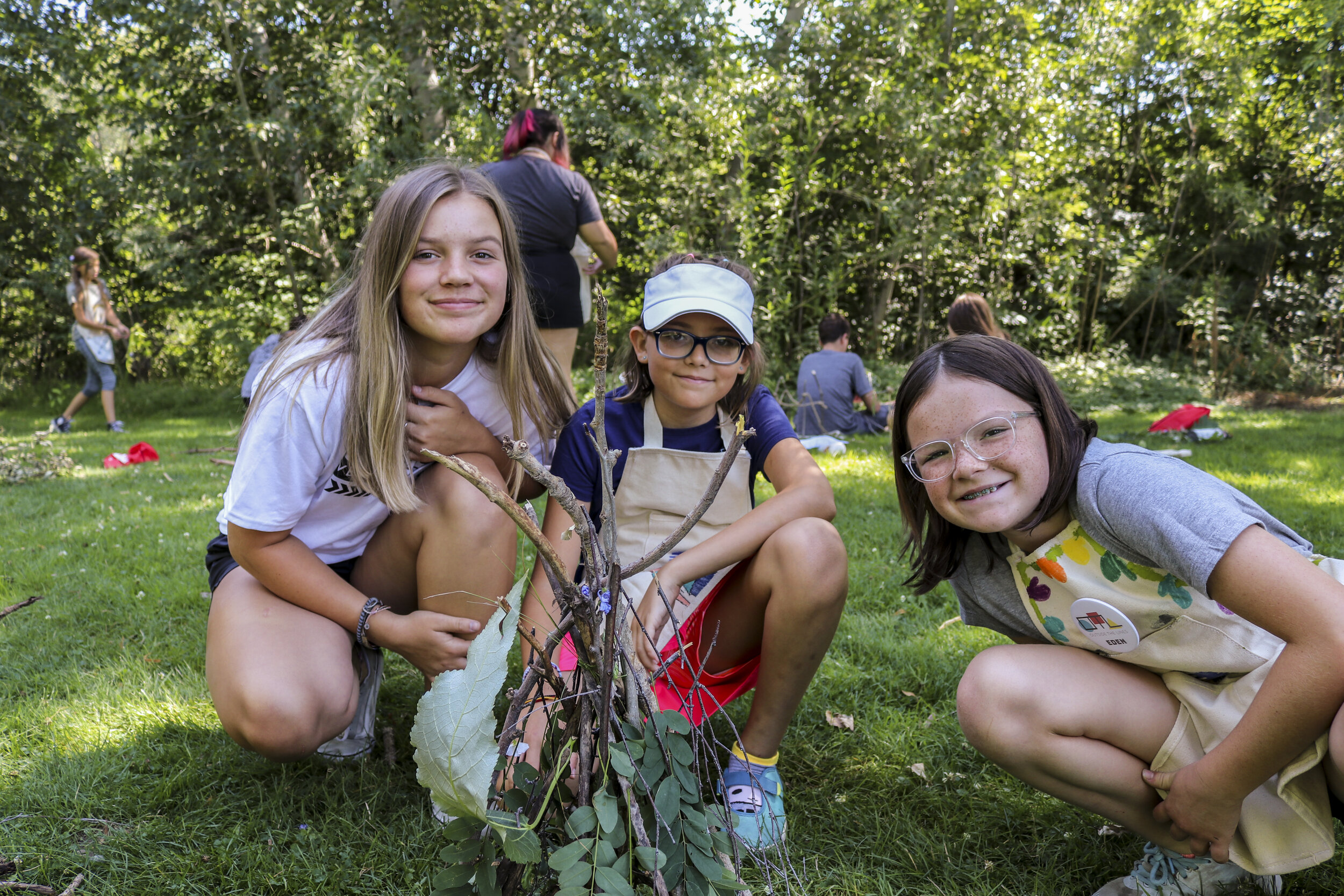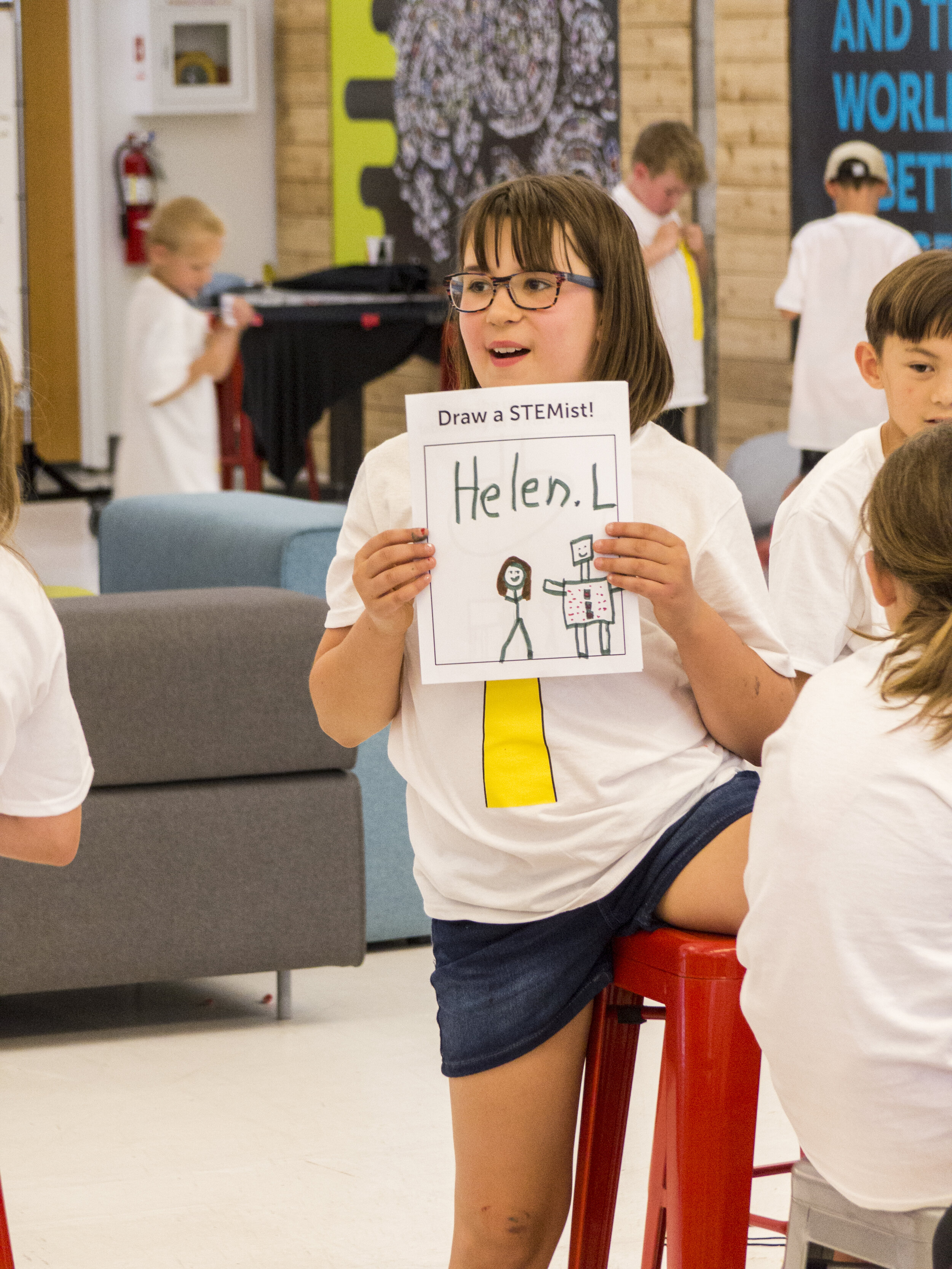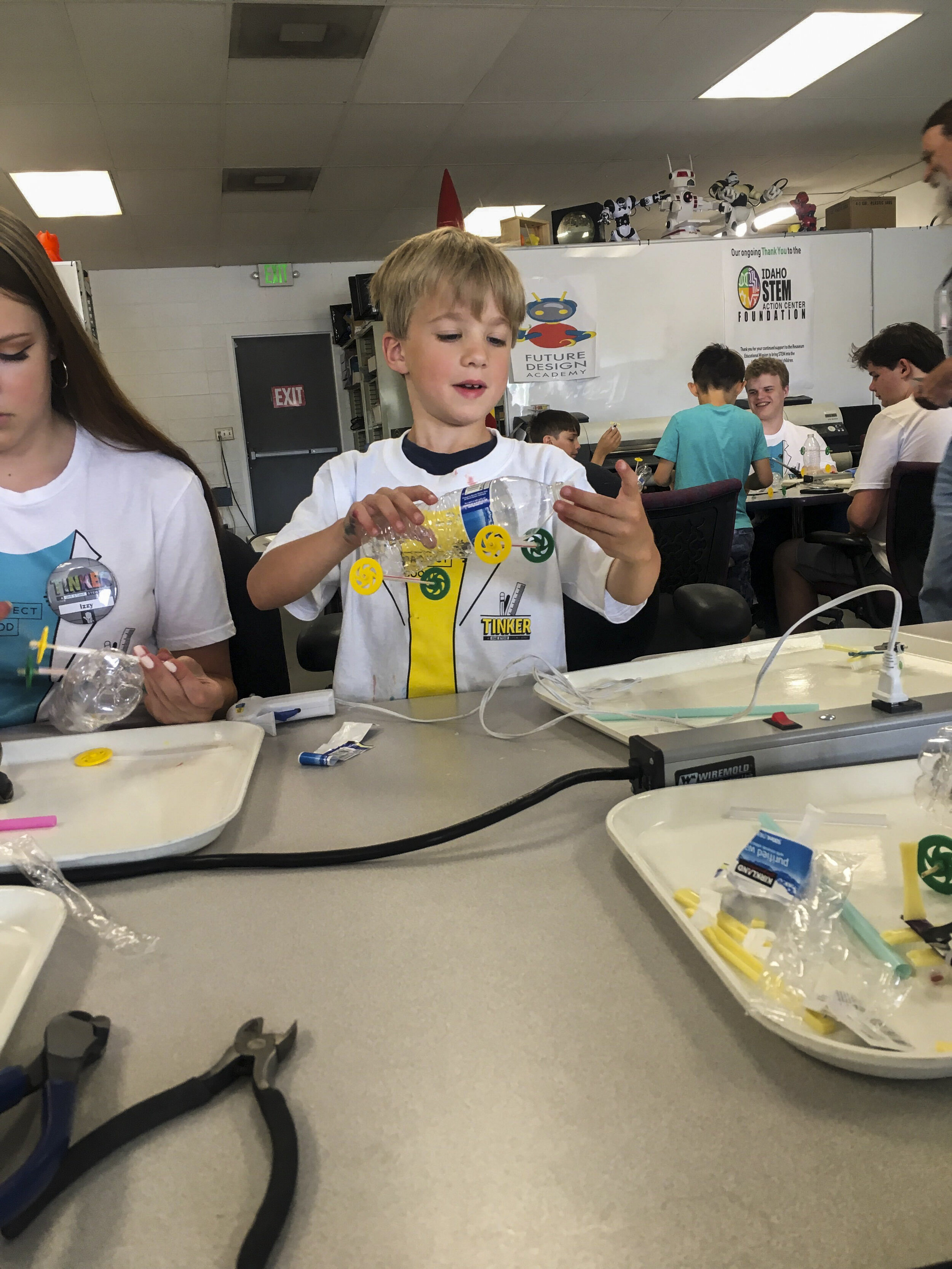How might we raise awareness about people with developmental disabilities in the workplace?
Short term goal: How might we encourage citizens in downtown Meridian to patronize Sweet Zola’s so that they may continue to fulfill their mission statement of promoting inclusion of people with developmental disabilities through employment?
Sweet Zola’s is a local candy store that hires and trains people with developmental disabilities. This Project Good Team partnered with Sweet Zola’s to build community and inclusion among the staff. They began with empathy work through interviewing the founder/owner of Sweet Zola’s, Cyndy, and learned more about the shop’s mission and needs. They also visited competing local candy stores, toured Sweet Zola’s, and met the employees to get a better understanding of their needs.
As a result of their interviews, the team decided the first priority was to help the shop advertise so they could continue to pay rent. The team supported the shop by helping with their special events, like the Christmas party and end-of-year auction. The team also organized a Candy Gram at One Stone.
After helping Sweet Zola’s meet their rent, the team moved into helping facilitate job training and employment readiness programs for the staff with developmental disabilities. COVID-19 was a curveball that forced the team to pivot and instead work to understand the employees’ experiences during this time without work.
After interviews and meetings with the community partner, it was clear that opportunities to socialize were the highest priority need for the employees. They were no longer receiving the routine interaction that came with their job at the Sweet Zola’s. The team started a penpal letter writing program so that employees who do not have access to technology could be included.
